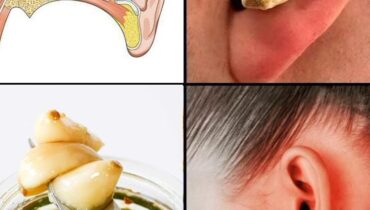📌 Potential Downsides of Beetroot: What Adults Aged 45–65 Should Know Before Adding Beets to Their Diet

Posted 20 November 2025 by: Admin
Understanding both the strengths and limitations of beetroot can help you make smarter, more balanced choices for your health—especially if you’re between 45 and 65.
Beetroot is undeniably packed with nutrients, offering essential vitamins, minerals, and antioxidants. Although it provides numerous health perks, it’s equally important to stay aware of potential drawbacks if you plan to consume it regularly. Whether you already enjoy beets or are considering adding them to your meals, the following points are particularly relevant for individuals aged 45 to 65.
Kidney Stones: Proceed with Care
Beetroot contains oxalates, compounds that may contribute to the development of kidney stones, especially in those prone to them. If you have a history of kidney stones, it’s best to consume beets in moderation. Talk with your healthcare provider to determine what quantity is appropriate for your situation.
Blood Pressure Considerations: Finding the Right Balance
Because of their nitrate content, beets are known for their potential to help lower blood pressure. However, if you are already taking blood pressure medication, eating too many beets could cause your levels to drop too low, possibly leading to dizziness or fainting. Consulting your doctor can help you determine the right amount to avoid unexpected effects.
Beeturia: A Harmless but Colorful Effect
One intriguing result of eating beetroot is beeturia, which can tint your urine or stool pink or red. While it may be surprising at first, it is completely harmless. It’s helpful to be aware of this possibility so it doesn’t catch you off-guard!
Digestive Changes: Managing Fiber Intake
Beets are rich in fiber, which can be overwhelming for some, potentially causing bloating, gas, or stomach discomfort, particularly for those with sensitive digestion. To prevent these issues, keep your beet intake balanced and pay attention to how your body reacts.
Blood Sugar Levels: Staying in Control
Although beets have a low glycemic index, they naturally contain sugar. For individuals with diabetes, large servings may lead to a rise in blood sugar. Monitoring your portions and pairing beets with other nutritious foods can help maintain stable levels.
Allergic Reactions: Rare but Possible
Although uncommon, some people may experience allergic reactions to beetroot, including itching, hives, or swelling. If you notice any symptoms after eating beets, it’s best to avoid them. Put your health first and consult a professional if needed.
Calcium Absorption: Maintaining Balance
Because beets are high in oxalates, they may interfere with calcium absorption, which could affect bone health over time if not balanced with other calcium sources. Including a variety of calcium-rich foods can help support strong, healthy bones.
Final Insights: Enjoy Beets Wisely
Beetroot is undoubtedly a nutritious vegetable with many benefits. Still, moderation is key. If you have existing health concerns, it’s wise to speak with a healthcare professional before making dietary adjustments. Enjoy the nutritional value of beets as part of a well-rounded diet, and your body will thank you!



















